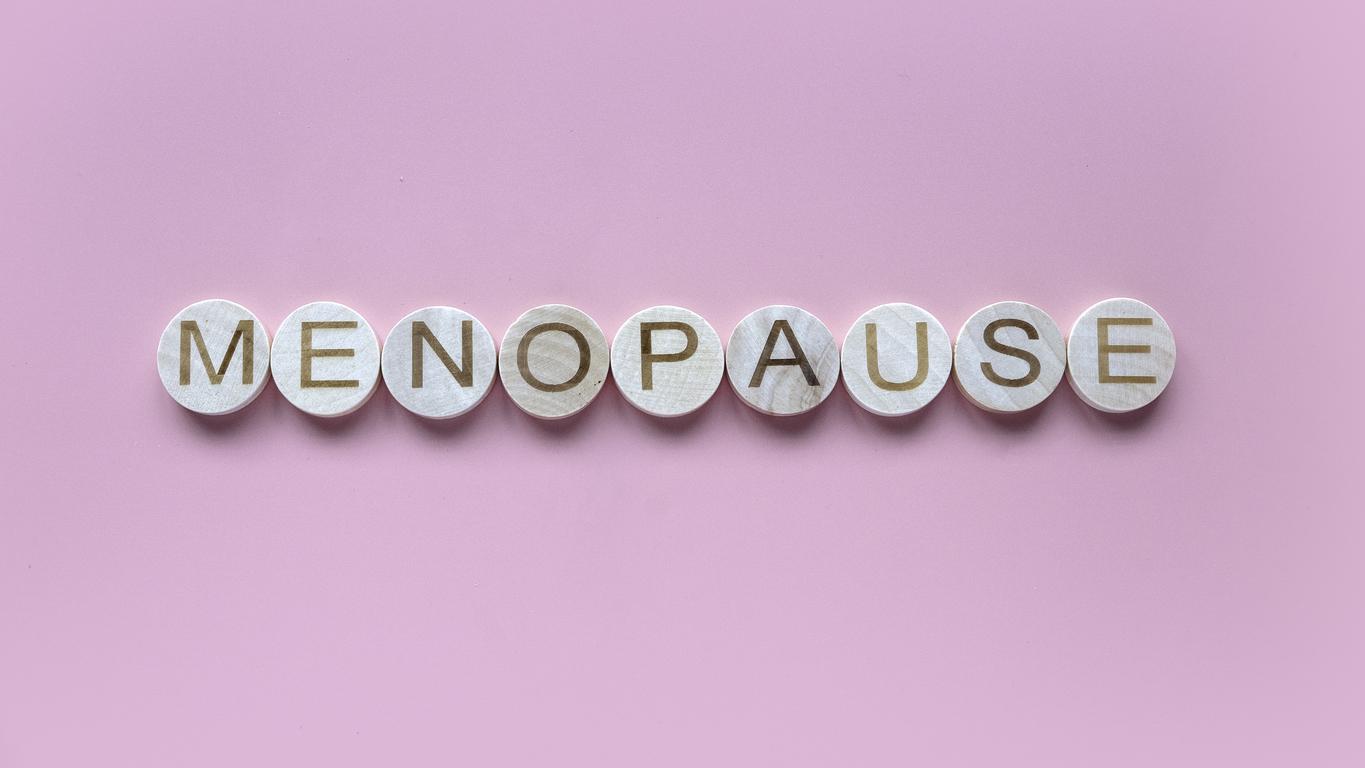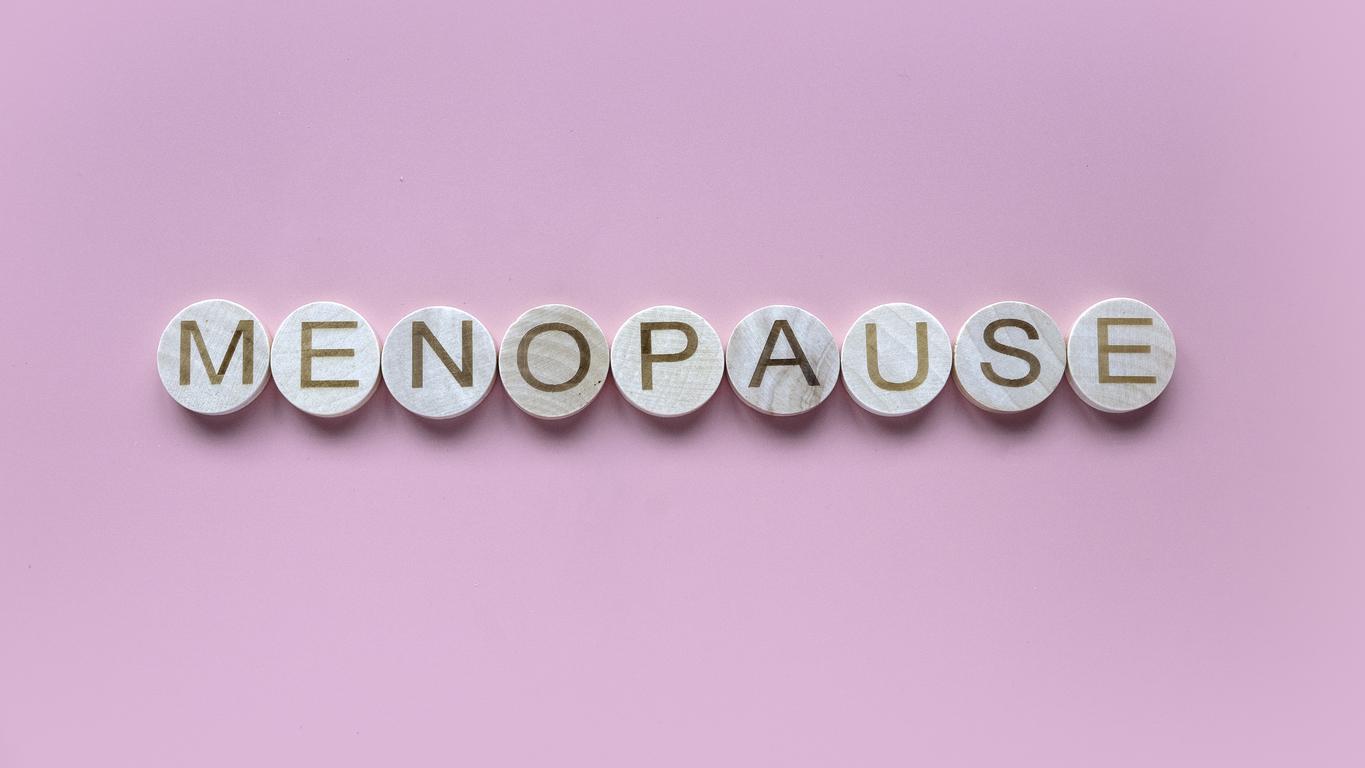Hormone replacement therapy is associated with an increased risk of ovarian cancer, even for short periods of time. But these results should be taken with caution, according to a specialist.

Take some Replacement hormones around the time of menopause would not be without risk, even in the short term. Five years of treatment is enough to increase the risk of ovarian cancer. This is what concludes a meta-analysis, published in The Lancet this Friday.
A relative increase
On average, the risk of ovarian cancer is increased by 40% in women on hormone replacement therapy, compared to those who have never received it. To reach this conclusion, researchers at the University of Oxford (UK) reviewed 52 studies, with a total of 21,488 women with ovarian cancer. This link is equivalent for the two main HRTs (estrogen alone or estrogen / progesterone).
For the Dr Christian Jamin, gynecologist in Paris, these results should be taken with hindsight. “First, the risk of ovarian cancer is very low. Here, we have at most, and for certain age groups, an increase of 0.5 per 1,000 for 5 years. It is therefore very difficult to take into account such low figures in observational studies ”, moderates this specialist contacted by why actor.
Listen to Dr Christian Jamin, gynecologist in Paris: “ The 1time explanation is that the treatment would create cancer, the 2e that it would stimulate ovarian cancer. “
The two most common forms
The meta-analysis also reports a particularly marked increase in risk in the two most common ovarian cancers (serous cancer and endometrioid cancer). But again, the Dr Jamin does not see it as a cause for concern. “If we had seen a rare cancer increase, we could have said that there was something strange. To increase proportionally according to the natural incidence brings absolutely no information ”, notes the gynecologist. In addition, the risk disappears five years after stopping hormone therapy, and mortality is not increased.
Listen to Dr Christian Jamin, gynecologist in Paris: “ My opinion is that there is no reason to deprive herself of hormone replacement therapy when a woman needs it. “
Increasingly reduced doses
This meta-analysis is sure to revive the debate on the prescription of hormone replacement therapy. According to the article of Lancet, no mention is made of the risk of ovarian cancer in the various recommendations. In fact, France reviewed the actual benefit in 2014. The Transparency Commission of the Haute Autorité de Santé (HAS) always considers the favorable risk-benefit ratio. But since the early 2000s, prescription indications have tightened around menopause. The durations and the doses were also lowered. In some cases, however, long treatment may be necessary.
Listen to Dr Christian Jamin : ” 20% of women have hot flashes at age 70 and need long treatments. “
.















